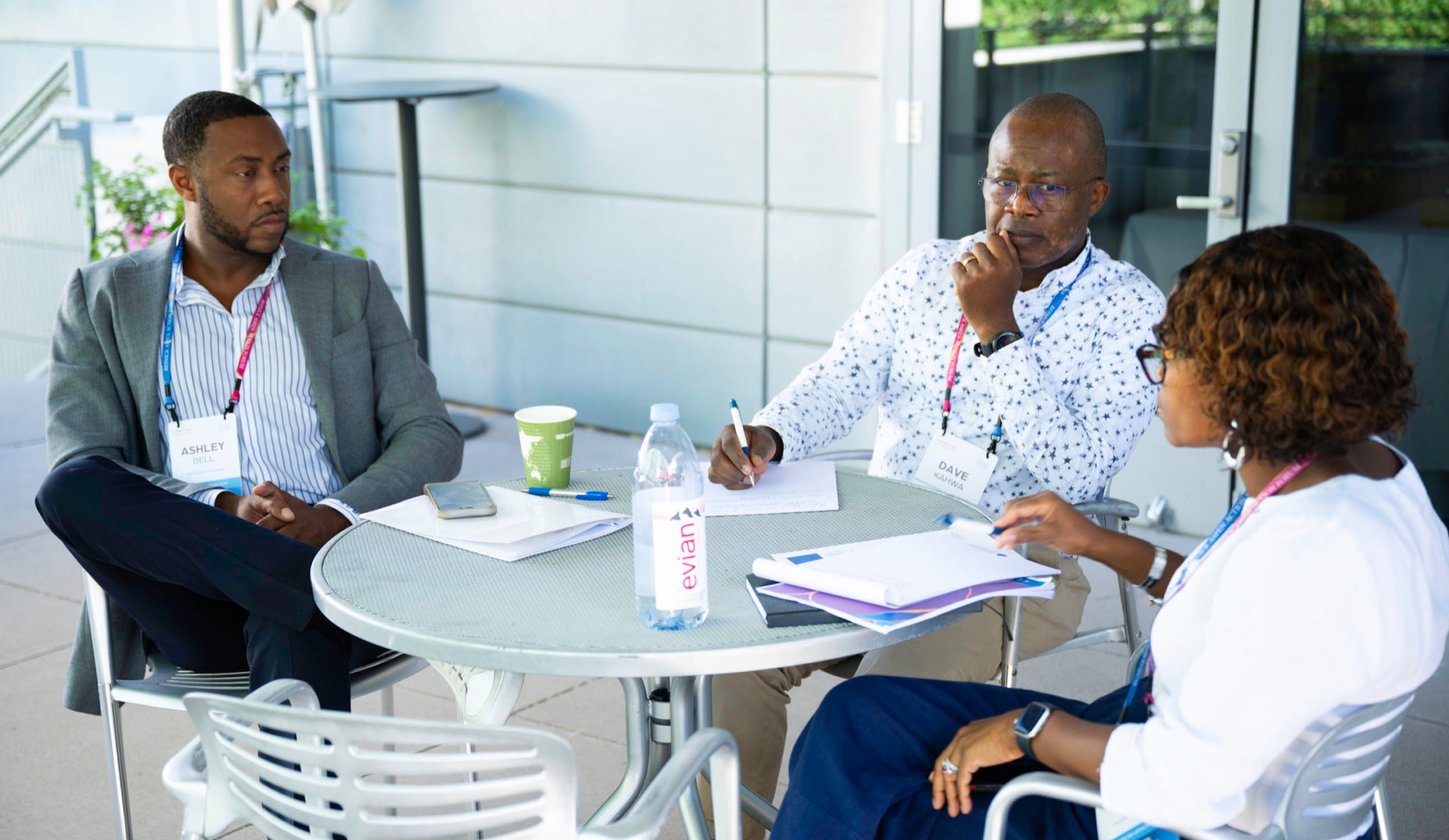An op-ed by IDEA Project Chairman Reed Hundt was published today at Talking Points Memo.
A New Principle of International Law: The Internet Is a Common Medium
By Reed Hundt
The Internet should have no borders. So did Secretary of State Clinton in effect declare in a major speech on February 15. This is the most dramatic and far-reaching linkage of information technology and statecraft in history. It is an extension, and a fulfillment, of the original vision of the Internet as a force for eradicating poverty and spreading democracy.
Since the salad days of the Clinton Administration, when as the chairman of the Federal Communications Commission I witnessed the commercial big bang of the Internet, the power of this seamless, global common medium has steadily grown. Now in the Tahrir Square Revolution and the other uprisings across the Middle East, the Internet has revealed itself as a powerful platform for the expression of fundamental rights. To paraphrase Chou en-lai’s answer to a question about the significance of the French Revolution, it is too soon to say exactly how the Internet will further democracy Egypt or any country. But it is certain that the United States is strongly suggesting that Egypt and any other autocratic country should use the Internet to help their people find a way to democracy.
The Secretary was reacting, of course, to the remarkable, if temporary, decision by the Mubarak government to shut down the Internet in Egypt. This is the first time that any nation has ripped itself out of the global fabric shared now by two billion users. No one is precisely sure how the Egyptians accomplished this surgery, but the United States now asserts that no nation ever should pull itself out of the common medium of the family of nations. All nations instead should support the extension of the Internet to the remaining five billion unconnected people. Both economic growth and expanded democracy will thrive on this platform of access to information, association and markets.
Secretary Clinton was especially qualified to launch this policy initiative because she was building on her now famous “internet freedom” speech of January 2010. In that speech, she linked the Internet to basic human rights. Now she is saying that no nation should be able to pull out of the common technological system that constitutes the Internet. Moreover, the United States will support efforts to prevent any attempted shut-down from succeeding.
The Internet, of course, is not owned or controlled by the United States, or any other nation. During the Clinton Administration we expressly decided that neither the FCC nor any other agency would govern the protocols, domain names, standards or other important aspects of the Internet. Instead, non governmental organizations, firms, and individuals would maintain, monitor, and do all the governing thought necessary. Never before, in any part of the global economy, has such a single, unified and complex system been governed so loosely by so many for such altruistic purposes.
While adhering to the culture of self-governance, all those who care about the continued success of the Internet need to grapple with the implications of the Egypt’s shutdown and Secretary Clinton’s response. At least three forms of collective action are worth considering. First, the many firms whose networks, computers and software constitute the common global Internet need to determine how they can react collectively when an Egypt or any other country attempts to pull out of the network. On its own a single firm may lack the technical or economic capability to cope with the demands of a rogue nation. But collectively firms have more power. By pooling information and acting together, they might be able to circumvent or thwart the efforts of a nation to cut off their access to the people of that nation. Under some circumstances, possibly with the imprimatur of many other govenments, they could ostracize a bad actor. If the consequences of shredding the fabric of the Internet were known in advance, governments presumably would be more reluctant to imitate the Egyptian action.
Second, Egypt’s action suggests the need for new or expanded non-governmental monitoring of the health of the Internet. The shut-down, after all, was preceded by many less sweeping misuses of the Internet. In some countries, individual firms have been targeted for cyber attacks. In some, theft of intellectual property is tacitly condoned. In some, governments have been assaulted by cyber warfare. The guidelines for appropriate access and use of the Internet should be detailed and monitored not necessarily by governments but by trusted non-government organizations.
Third, nations need to discuss what treaties or other forms of working relationships can maintain seamless and expanding connection of everyone to the common medium. From 1994 to 1997, the United States negotiated with what proved to be more than sixty signatory countries a trade agreement that created independent regulators, permitted market access and established common principles of universal connectivity. Our goal was to aid the spread of interconnected physical networks around the world. Our belief was that these networks would become part of the global Internet as computers and mobile phones provided local access to such networks. For the most part, this has happened. But that agreement did not reach specifically to the shut-down scenario. It is now time to determine what bilateral, regional or multilateral accords could address usefully breaches of the current informal global consensus supporting the spread of a single common Internet.
In any event, by some process, nations, firms, and other interested parties have to respond to the three challenges identified by Secretary Clinton as issues raised in the context of the Internet: (1) “achieving both liberty and security”, (2) “protecting both transparency and confidentiality”, and (3) “protecting free expression while fostering tolerance and civility.”
Many are ready to take up these challenges and dive deeply into the intricacies of perpetuating a common, complex and universal medium. As one example, Aspen Institute’s International Digital Economy Accords (IDEA) initiative (which I chair) has convened since last October a large group of government, business, and NGOs leaders to define possible international principles, norms, and rules for cloud computing. Our next meeting in Brussels in March will expand the group to include European leaders. Other forums, institutions are also working on aspects of the same problems. In the spirit of the Internet all volunteers should be accepted into a common, loosely linked, transparent effort that will go beyond words to achieve a fully developed and completely global means of – to borrow from Nathaniel Hawthorne’s vision of the purpose of the telegraph – “wrapping the whole world in intelligence.”
—
Reed Hundt is Chairman of the Aspen Institute’s IDEA initiative and a former chairman of Federal Communications Commission.

